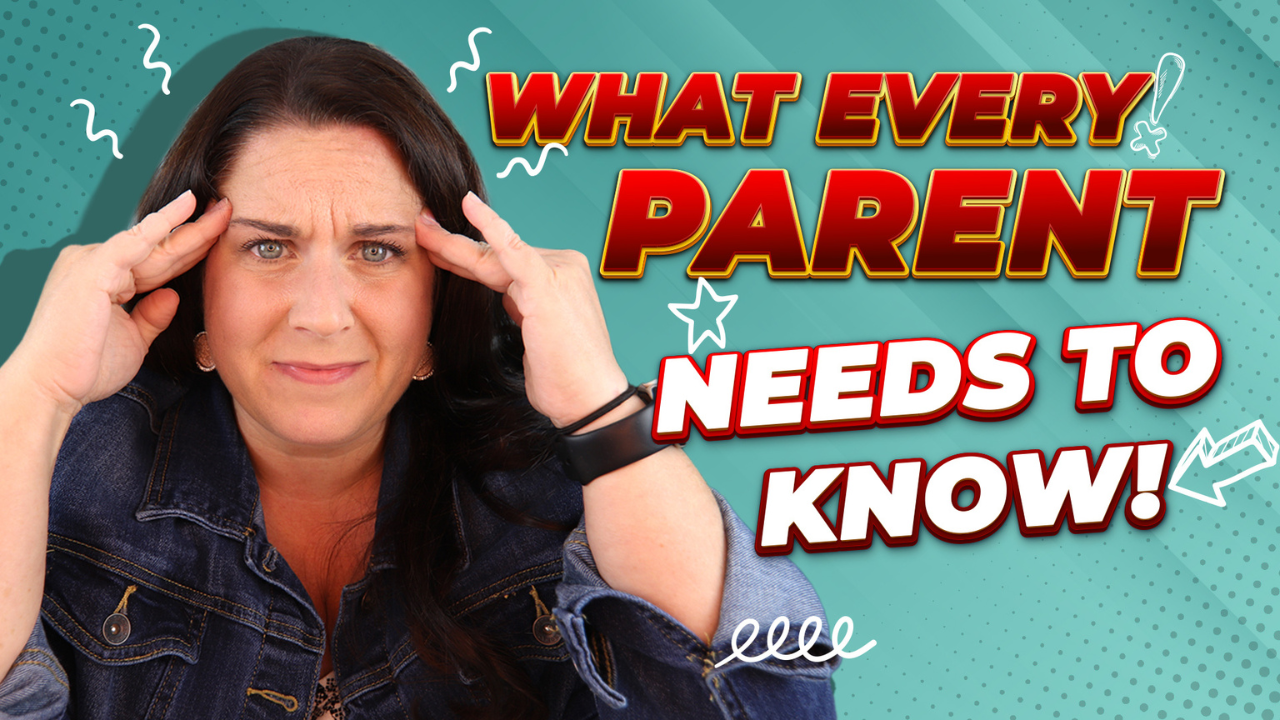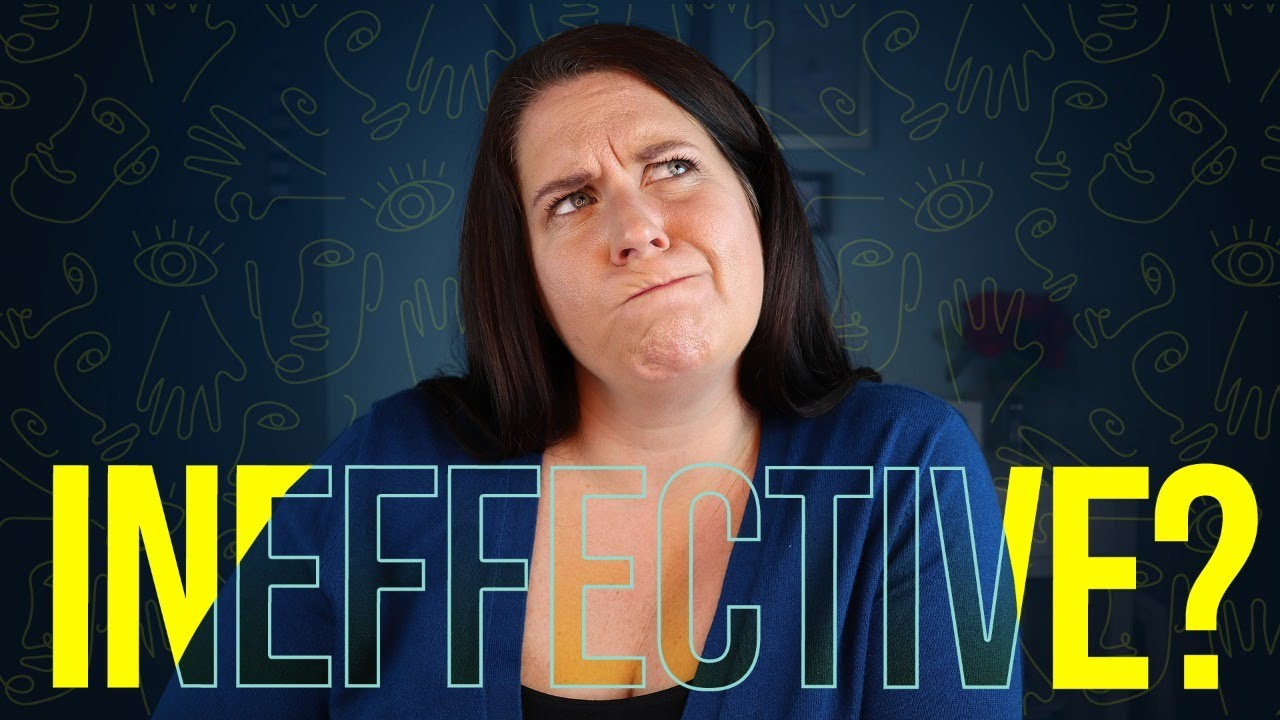The Unpopular Truth About Marijuana Addiction in Teens/Young Adults
You may be wondering if your son or daughter falls into the addiction or regular use category of marijuana use. There are official criteria, and I'll put them HERE, but for now, ask yourself these four questions:
#1-Do I know that my kid is using marijuana regularly or has a strong belief that they are?
#2- Does my kid seem to be more depressed and anxious?
#3- Does it seem like my kid is stuck like they're not moving forward?
#4- Does it seem like you're having difficulty getting your son or daughter to be responsible for themselves?
I'm sure you've noticed over the past several years, marijuana has become more acceptable and accessible. Marijuana is the most challenging addiction that I treat. It is extremely tough to get someone to recognize that it is the marijuana causing the problems they're frustrated with. The person almost always feels like marijuana is the only good thing in their life.
There is one little piece of good news here--Early in my career as an addiction counselor, I would frequently hear things like, "marijuana's not addictive." Or they would say, "It may be psychologically addictive, but it's not physically addictive." The good news is I haven't heard someone tell me any of those statements in a long time. I think it's because more and more young people are starting to see that marijuana is overly addictive.
Accessibility
There are now several ways to consume marijuana, and one of the popular ways these days is to use weed in a vape. It's almost impossible to detect, meaning people can use weed all day, every day, similarly to people who use nicotine. Not only are people using it so much more frequently and in enormous amounts, but the potency is way more. Because of that, marijuana addiction has skyrocketed.
When marijuana becomes problematic
Why is having a marijuana addiction a problem? The biggest problem I see from people addicted to marijuana is that they stop moving forward or fail to launch. They never pass through those teenage and young adult emotional developmental phases, meaning they never learn how to be an adult because they're stuck in this marijuana addiction.
Depression/Anxiety
Have you ever heard them tell you that it's the only thing that helps with depression and anxiety? Usually, when a person says that, they believe it because when they use marijuana, it's the only time they feel better.
Here's a little secret. I see all kinds of addictions, alcohol, opiate, heroin, cocaine, and Xanax addiction.
And guess what? In general, my clients who are addicted to marijuana have way more depression and anxiety than people I see who are addicted to the harder drugs.
Several things contribute to this problem. Number one, it removes the feeling of being bored or temporarily removes the feeling of stress or anxiety. When you're high, you're mellow and more likely to engage in some other addictive kind of behavior or just plain mind-numbing behavior. Essentially, you're not being productive when you're high. To make matters worse, when you're not high, you have a deficit of good brain chemicals, including dopamine, which is your motivation chemical. When using marijuana, you don't have regular motivation.
Because they're not being productive in their life. This will create a whole second set of problems. Eventually, they're going to feel like they're friends and everybody else has moved on without them, and they feel depressed because they're not where they should be.
Psychosis
There is a risk of developing psychosis in some clients I see who frequently use marijuana.
When this happens, you see things, hear things, and believe things that are not true. This looks like a psychotic break, like schizophrenia, and lands the person in the psychiatric hospital for an extended period.
Another issue I've only started hearing about in the last few years is hyperemesis. A major stomach problem is associated with marijuana. When you're marijuana dependent, you usually get to the point where you need to smoke to be able to eat. But if you develop hyperemesis, the smoking will make you throw up--caught in this catch-22.
This can cause weight loss and discomfort and become a significant problem.
If you feel like your son or daughter has a problem with marijuana, I want to give you several resources and things to consider. The first thing to consider is our Invisible Intervention Program, our online program that teaches you step-by-step how to get someone out of denial, into active stages of change, and ultimately into recovery.
With marijuana addiction, in particular, you need a system because it is much more challenging to get people out of denial than with most addictive drugs. The next thing I want you to consider is to think about how or if you need to have conversations about it, and you must do it productively.
I have videos on how to have that conversation, and I'll link them below.
Criteria for Cannabis Use Disorder: According to the DSM-5 (Diagnostic and Statistical Manual of Mental Disorders, fifth edition), the criteria for Cannabis Use Disorder are as follows: Use of cannabis for at least one year, with the presence of at least two of the following symptoms, accompanied by significant impairment of functioning and distress:
1. Difficulty controlling the use of cannabis/marijuana/THC- the drug is used in larger amounts and over a longer period than intended.
2. Repeated failed efforts to discontinue or reduce the amount of cannabis that is used
3. An inordinate amount of time is occupied acquiring, using, or recovering from the effects of cannabis.
4. Cravings or desires to use cannabis. This can include intrusive thoughts and images and dreams about cannabis or olfactory perceptions of the smell of cannabis due to preoccupation with cannabis.
5. Continued use of cannabis despite adverse consequences from its use, such as criminal charges, ultimatums of abandonment from spouse/partner/friends, and poor productivity.
6. Other important activities in life, such as work, school, hygiene, and responsibility to family and friends, are superseded by the desire to use cannabis.
7. Cannabis is used in potentially dangerous contexts, such as operating a motor vehicle.
8. Use of cannabis continues despite awareness of physical or psychological problems being caused by the marijuana abuse- e.g., anergia, lack of motivation, chronic cough.
9. Tolerance to Cannabis, as defined by progressively larger amounts of cannabis is needed to obtain the psychoactive effect experienced when use first started or, the noticeably reduced effect of the use of the same amount of cannabis
10. Withdrawal, defined as the typical withdrawal syndrome associated with cannabis, or cannabis or a similar substance is used to prevent withdrawal symptoms.
11. Unsuccessful efforts to sustain control or cut back marijuana consumption.



